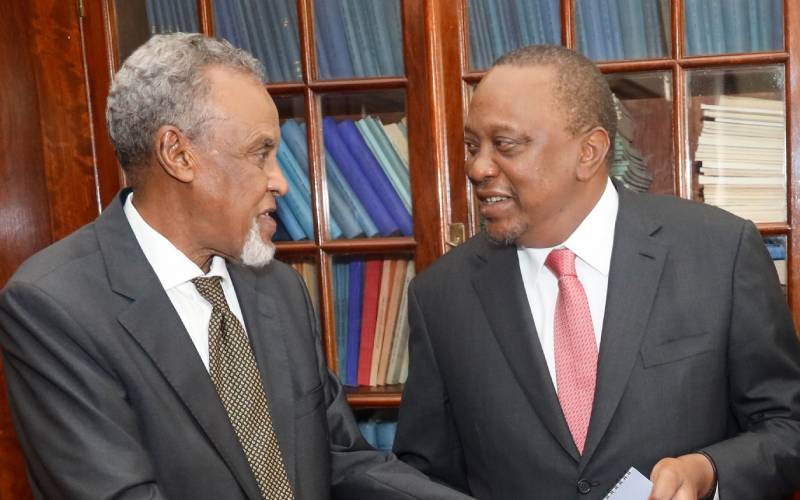×
The Standard e-Paper
Home To Bold Columnists

More than a year after it was formed, the Building Bridges Initiative (BBI) task force finally presented its report to President Uhuru Kenyatta and ODM leader Raila Odinga at State House, Nairobi, yesterday.
BBI came into being in May 2018 following the famous March 9, 2018 handshake after political opponents; Uhuru and Raila chose to put their differences aside in the interest of the nation.